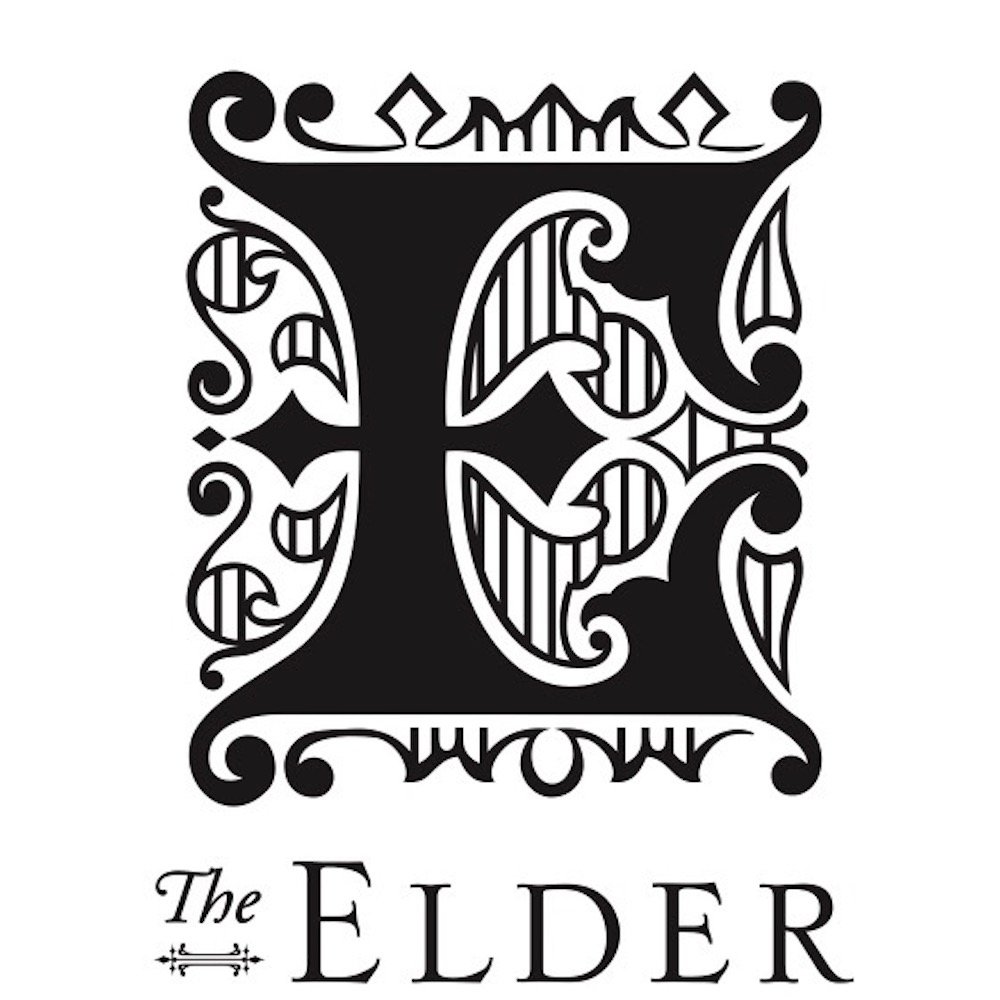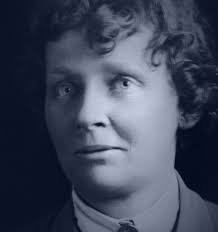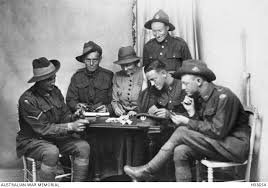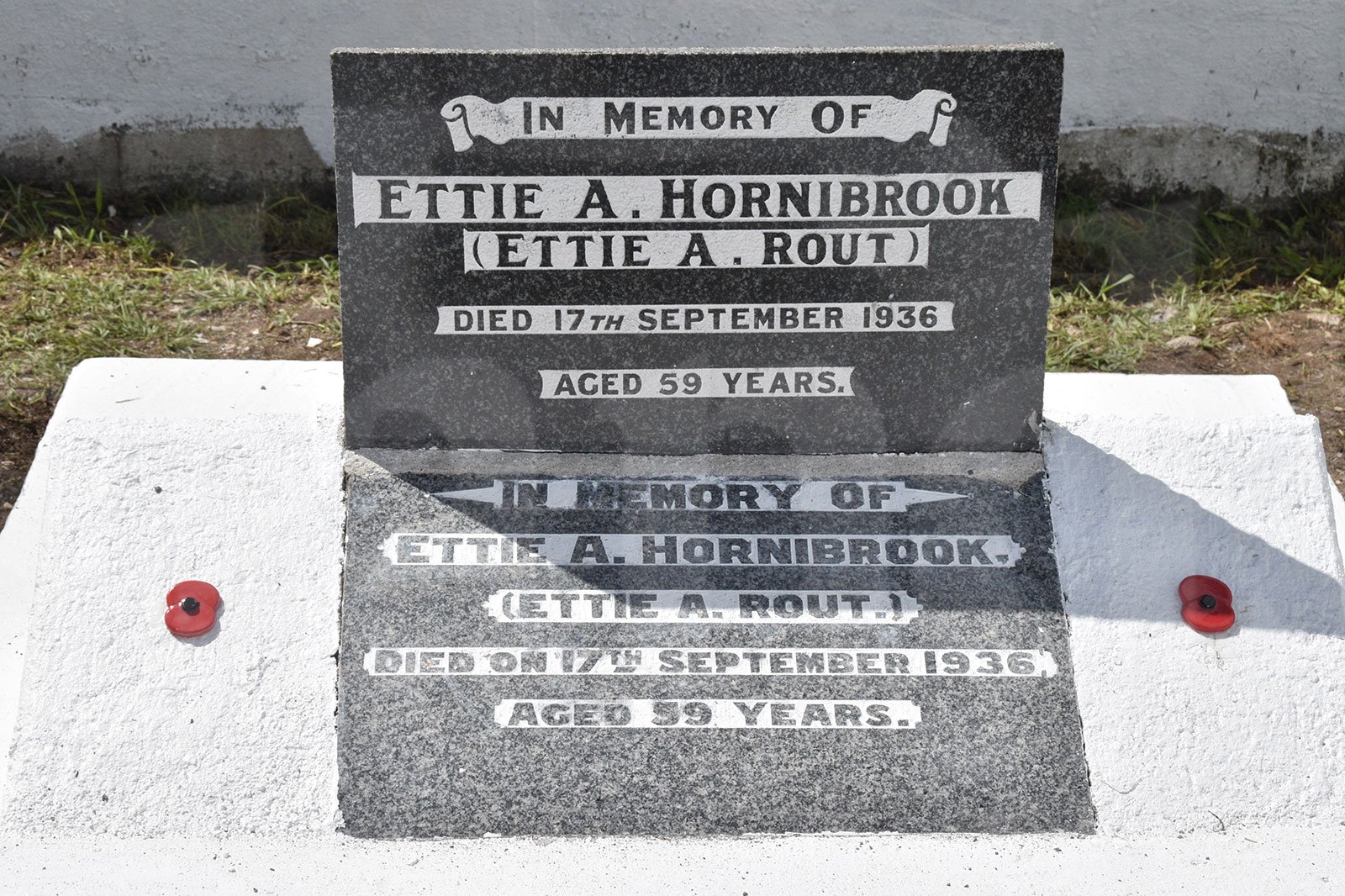SERIES 2: Ettie Rout
New Zealand Volunteer Sisterhood
SERIES 2: Ettie Rout
Ettie’s Background
Ettie Rout was a New Zealand social reformer who pioneered safe sex provision for soldiers during the First World War.
Born in Tasmania in 1877, she came to New Zealand aged eight with her parents and two sisters. She lived in Wellington and Woodville before moving to Christchurch and studying shorthand and business subjects at Gilby’s College. She taught at the school, then worked as a freelance shorthand reporter, including in the law courts and for newspapers.
She championed equal pay for women, studied at university and learnt jiu jitsu.
She became involved in the labour movement and was the founding editor of the Māoriland Worker newspaper.
One of her freelance jobs was taking notes at meetings of the local doctors’ medical association. They talked about how to deal with the spread of sexually transmitted infections (STIs).
Her work in World War I
New Zealand would send 550 nurses overseas in World War I, but Ettie and many other women wanted to help as well. Ettie formed the New Zealand Volunteer Sisterhood, sent the first group to Egypt in October 1915 and arrived there herself in March 1916.
She saw that many New Zealanders soldiers had caught sexual diseases because they had trusted to luck. She set up a canteen for the men of the New Zealand Mounted Rifles who were fighting in the desert.
Finally, in 1917, she decided to solve the problem herself by researching preventive methods and designing a safe sex kit. She worked in England among medical experts and produced a kit with condoms, microbe-killing ointment and disinfectant.
She pushed our army authorities into adopting the kit and the government into paying for it. New Zealand soldiers had to take one when going on leave. This was the only country that had compulsory safe sex kits in the war – thanks to Ettie. New Zealanders back home did not find out about Ettie’s work because the government banned the topic of sexually transmitted disease among soldiers.
In 1918 she went to Paris. She met New Zealand soldiers arriving on trains from the front and put them up in a hotel near the station. After the war she ran a Red Cross depot in a ruined French town.
Her legacy
Ettie campaigned for contraception and safe sex provision. She wrote books, including on Māori culture and vegetarianism. She finally returned to New Zealand in 1936 and found that no newspaper wanted to print anything about her. But when she died in Rarotonga later that year, the obituaries sang her praises and noted that her work had been officially adopted.
Her biographer, Jane Tolerton, says, ‘Ettie knew that other women hated her safe sex campaign, but she believed: ‘We will never conquer this greatest of national perils simply by spreading pious fluff over the landscape. Cannot we simply take our courage in our hands now and face the facts of life as they really are?’ She did that – persuading powerful men to put her solution into action.
The New Zealand Remembrance Army memorialised her with a new headstone on her grave in 2023 – remembering that she was mentioned in despatches, given the French Medaille de la Reconnaissance Française for her war work – and dubbed a ‘Guardian Angel of the Anzacs’.
https://www.greatwarforum.org/topic/279121-survivability-of-war/




